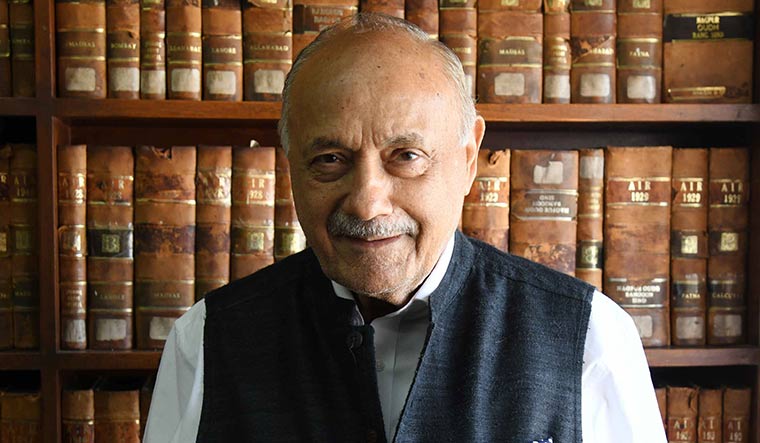Q/ The Bar Council of India’s notification appears to have come as a surprise to the legal fraternity.
A/ It has come as a surprise and a shock. Various governments, including Congress ones, had been toying with the idea of allowing foreign lawyers to practise in India. But the [fraternity] had opposed it. This was all happening since 1994. By 2014, we saw a sizeable increase in the number of good law firms. At an inter-ministerial meeting organised by the commerce secretary in 2014, SILF conveyed that we were now prepared, so please take steps to bring in foreign law firms and that it should be done in a proper, sequential manner, not like a midnight announcement.
Q/ SILF has raised issues of legality about the BCI notification.
A/ The Supreme Court (in 2018) interpreted the provisions of the Advocates Act, 1961, and very clearly and categorically held that (foreign lawyers) cannot practise law in India. After this judgment, the government resumed discussions. We told them that now you are faced with this judgment, you have to amend the Advocates Act.
Q/ So the BCI notification is bad in law?
A/ Yes, it is bad in law. These regulations have come out of the blue. We had a meeting in early March, convened by the commerce secretary. I was invited to attend as president of SILF. The BCI was invited, but they did not attend.
The commerce secretary graciously asked us, ‘How do we bring the Indian legal profession to a level-playing field?’ We submitted our proposals. Then, within a month or so, these rules and regulations emanated. It completely bypasses and ignores what the Supreme Court has said.
It will only take a minute for anyone to challenge it. But we have put on record that we are not going to take recourse to litigation. We want to have a dialogue with the ministry and the BCI to reframe the regulations, to bring them in conformity with our earlier discussions.
Q/ Are there concerns about survival of Indian law firms?
A/ Foreign law firms who have now converted themselves into companies are like corporate bodies. They are big limited liability partnerships. They can come and start practice in India. That is totally against not only the law, but also the ethos of our legal profession. It is still a profession; it is not a business for us. They are being allowed to set up practice here. How can we compete with them?
It would seriously impair the ability and survival of the Indian law firms. All the emerging law firms, which have come up in a big way, are second to none. They can compete favourably. But we do not have those resources. We do not have those deep pockets.
Q/ The BCI has issued a clarification that the Supreme Court’s order has been taken into account.
A/ They have obviously not taken it into account. Otherwise these regulations could not have been there. Can they enlarge the scope of what is a right to practice when the Supreme Court has very clearly said and held so? I do not know how these regulations have been framed. I feel bad that India’s regulator should come up with these regulations that can be challenged immediately. So far, we have not heard from the BCI.
Q/ What next if you fail to convince them to bring about the changes?
A/ If we do not get a response from the BCI, and if they go ahead with implementation of these rules, then there will be no other option but to take it to the court. Or, the Parliament has to step in to amend the law. But the Parliament has other priorities.


